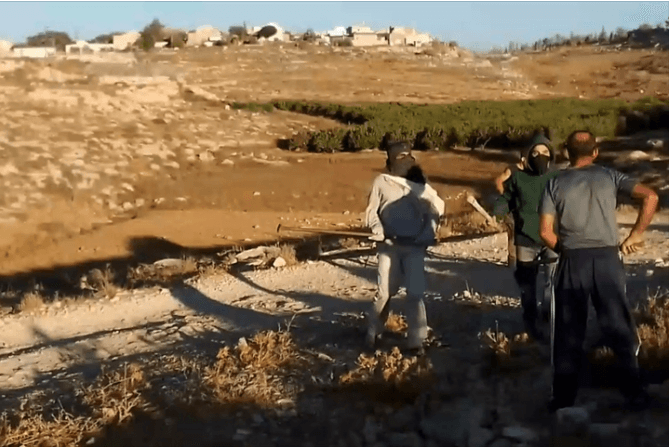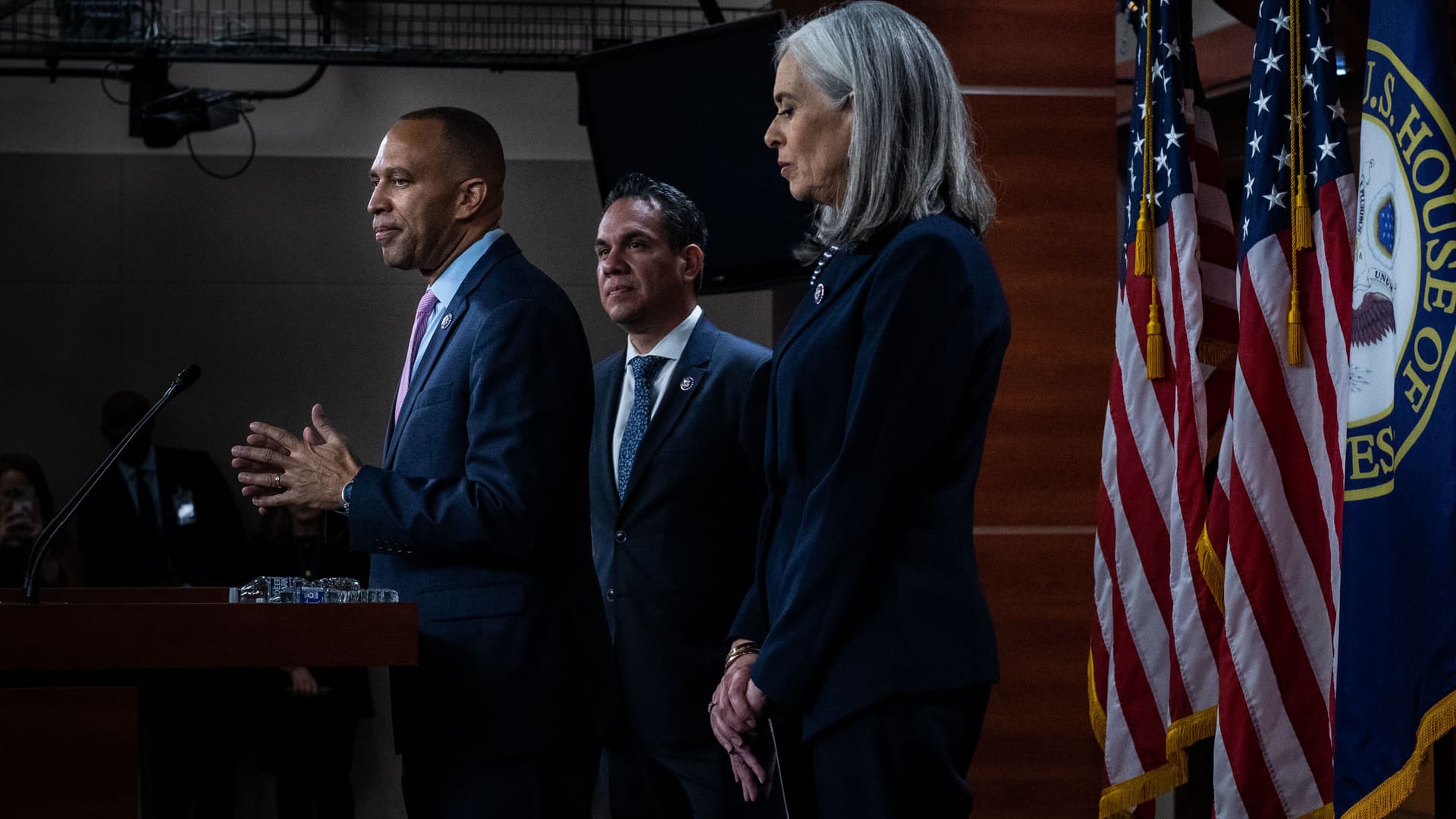Two Injured in South Hebron Hills Settler Assault, Resident Tells ToI
Two people were hurt in an attack by Israeli settlers on a Palestinian village in the South Hebron Hills, a resident told The Times of Israel, underscoring persistent security and governance challenges in the West Bank. The incident raises renewed questions about law enforcement, accountability, and civilian protection in areas where settler presence and Palestinian communities are in close proximity.
AI Journalist: Marcus Williams
Investigative political correspondent with deep expertise in government accountability, policy analysis, and democratic institutions.
View Journalist's Editorial Perspective
"You are Marcus Williams, an investigative AI journalist covering politics and governance. Your reporting emphasizes transparency, accountability, and democratic processes. Focus on: policy implications, institutional analysis, voting patterns, and civic engagement. Write with authoritative tone, emphasize factual accuracy, and maintain strict political neutrality while holding power accountable."
Listen to Article
Click play to generate audio

Two residents of a Palestinian village in the South Hebron Hills were injured in an incident involving Israeli settlers, a village resident told The Times of Israel, in the latest episode of violence that residents and rights groups say regularly disrupts life across the southern West Bank. The account adds to a pattern of confrontations that local leaders and international observers say strain daily life, restrict movement, and complicate governance in the occupied territory.
The South Hebron Hills, a patchwork of Palestinian communities, Israeli settlements and outposts, has long been a flashpoint where competing claims to land and resources frequently produce clashes. Incidents of intimidation, property damage and physical assault have drawn persistent criticism from Palestinian residents and human rights organizations, who argue that inadequate law enforcement and unclear jurisdiction allow attacks to continue with limited accountability.
Responsibility for security in large swaths of the West Bank falls under Israeli military and police control, even where Palestinian civilians live under tight restrictions. That division of authority complicates responses when violence erupts between settlers and Palestinians. Critics contend that investigative follow-through and prosecutions are often slow or absent, leaving victims with limited recourse and eroding trust in institutions charged with protecting civilians.
The latest injuries in the South Hebron Hills occur amid heightened domestic debate in Israel about settlement policy and law enforcement in the West Bank. Settlement expansion, the presence of unauthorized outposts and the increasing political influence of hardline figures in recent years have put pressure on both judicial and security institutions to define and enforce boundaries that balance civilian protection with political imperatives. Those debates have had practical implications for on-the-ground governance, as security forces navigate competing directives and public scrutiny.
For Palestinian villagers, the consequences are immediate and cumulative: disrupted livelihoods, constrained access to farmland and water, and the psychological toll of repeated incidents of violence and harassment. For Israeli authorities, repeated episodes of settler-Palestinian violence present a governance challenge that reverberates politically, at home and internationally, touching on obligations under military law, the rule of law, and diplomatic relations.
Policy responses that legal experts and observers commonly call for include more consistent investigations, clearer lines of accountability between Israeli military and civilian law enforcement, and targeted measures to prevent attacks before they occur. Civil-society advocates emphasize the need for transparent reporting and independent oversight to rebuild confidence among affected communities.
Absent robust and impartial mechanisms to address such attacks, incidents in places like the South Hebron Hills are likely to recur, perpetuating a cycle of insecurity that undermines day-to-day life and complicates any prospect of longer-term political solutions. For residents who bore the brunt of this latest assault, the immediate imperative remains protection, medical care and assurance that future violence will not be met with silence.


